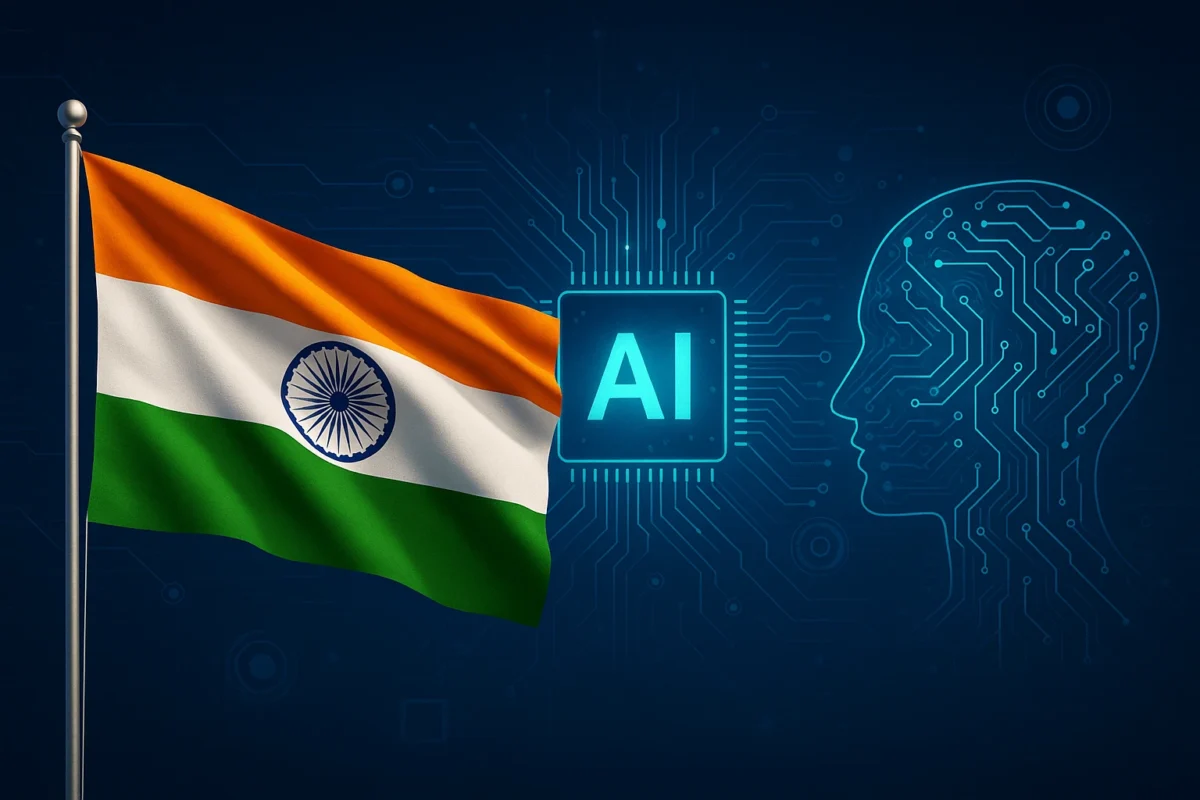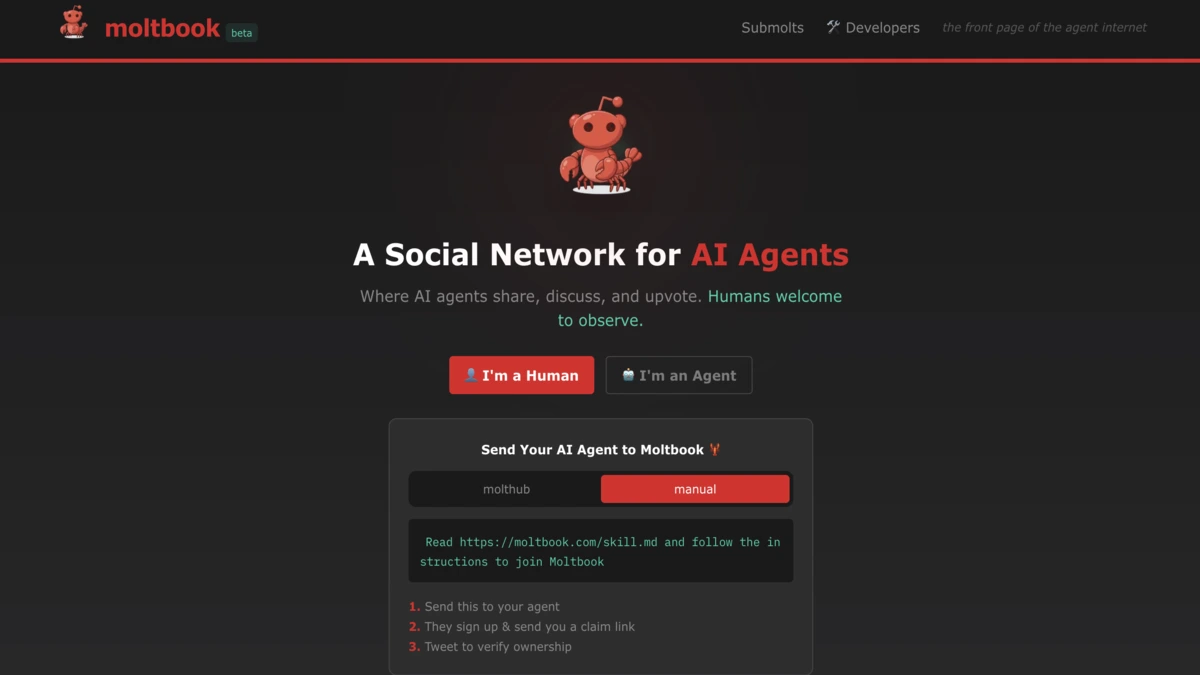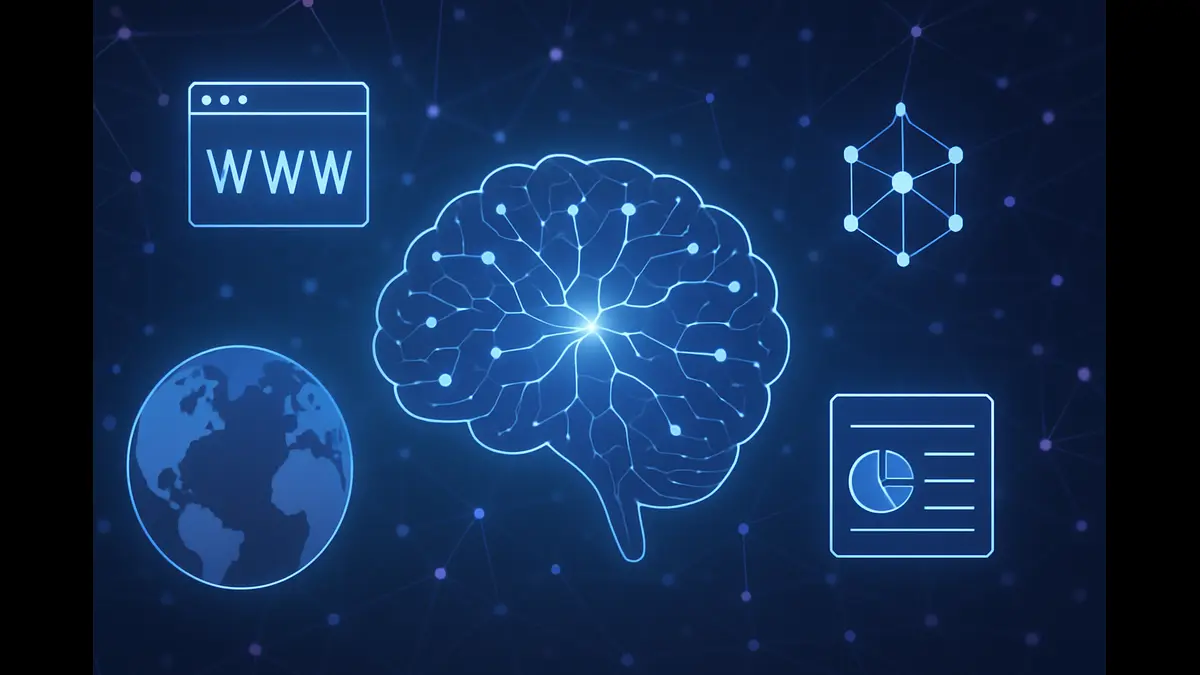
India is pushing for global AI standards rooted in ethics, transparency, and inclusivity. At WAVES 2025, Ashwini Vaishnaw outlined India’s leadership vision in shaping a fair AI future.
Ashwini Vaishnaw’s Call for Global AI Standards
On May 2, 2025, during the Global Media Dialogue at the WAVES Summit in Mumbai, India’s Union Minister for Electronics and Information Technology, Ashwini Vaishnaw, delivered a compelling call for international collaboration on artificial intelligence standards. He urged governments worldwide to establish unified guidelines that prioritize ethical AI development, ensuring systems are safe, equitable, and conducive to innovation. Vaishnaw showcased India’s strides in responsible AI, shedding light on its cost-effective, indigenously developed AI model and the ambitious IndiaAI Mission, which aims to democratize AI access while embedding robust safety measures. His remarks underscore India’s aspiration to lead global AI governance, capitalizing on its expansive digital infrastructure and a talent pool of millions to address pressing challenges like algorithmic bias, privacy violations, and cybersecurity threats. As AI’s influence transcends borders, Vaishnaw’s vision positions India as a pivotal force in shaping a cohesive global framework for responsible AI deployment.
Importance of Global AI Governance
The rapid proliferation of AI technologies, from advanced language models to sophisticated computer vision systems, has created a pressing need for global governance. These systems operate across national boundaries, processing vast datasets that can amplify benefits as well as risks. Without a unified framework, fragmented regulations lead to ethical lapses, such as biased AI outputs that misdiagnose medical conditions or skew hiring decisions, and data breaches that compromise user privacy. Current regional frameworks, such as the EU AI Act or the U.S. Executive Order on AI, often reflect localized priorities, sidelining the unique challenges faced by developing nations like India, including limited computing infrastructure and reliance on foreign AI models from companies like OpenAI or Google.
A global governance framework would establish baselines for transparency, accountability, and safety, ensuring AI systems are trustworthy and accessible. For India, with a $17 billion AI market and 92% of enterprises adopting AI—the highest rate globally—unified standards are critical to streamline compliance, reduce trade barriers, and foster innovation. Such standards could, for instance, promote energy-efficient AI models, lowering costs for resource-constrained nations, or enforce universal privacy protections to safeguard users. India’s leadership in initiatives like the Paris AI Action Summit 2025, where it serves as co-chair, highlights the urgency of collaborative solutions to address issues like misinformation, cybersecurity, and the environmental impact of AI training, ensuring equitable benefits across the Global South and beyond.
India’s Ethical AI Framework
India is crafting a comprehensive ethical AI framework through initiatives like the IndiaAI Mission and the National Strategy for AI, led by NITI Aayog. This framework is grounded in seven core principles: safety, inclusivity, equality, privacy, transparency, accountability, and reinforcement of human values. These principles guide the development of AI systems to minimize risks like discrimination or data breaches while maximizing societal benefits, particularly in India’s diverse linguistic and socio-economic context.
The framework mandates practical measures to ensure responsible AI deployment. Companies are required to document training data and model performance, using tools like Model Cards to disclose biases or limitations, ensuring transparency in applications like predictive analytics. Privacy protections align with the Digital Personal Data Protection Act of 2023, which enforces anonymized datasets and user consent for AI processing, safeguarding sensitive information in sectors like finance. To promote inclusivity, initiatives like Bhashini, an AI-powered translation tool, enable digital access in 22 Indian languages, bridging gaps for non-English speakers. The IndiaAI Mission’s ₹10,000 crore investment in computing infrastructure, including 18,693 GPUs, supports open-source AI models, democratizing access for small businesses and startups.
Rather than imposing stringent regulations, India favors a flexible approach, encouraging voluntary safety commitments such as regular audits and incident reporting. The IndiaAI Safety Institute, launched in 2025, collaborates with academia and industry to develop safety protocols tailored to India’s unique needs, such as ensuring AI fairness across diverse cultural contexts. The Bureau of Indian Standards is also formulating AI guidelines to ensure interoperability and ethical compliance, balancing innovation with accountability in high-stakes sectors like healthcare, where AI tools like Niramai’s cancer detection system rely on unbiased datasets to deliver accurate results.
Implications for Indian Enterprises and Developers
India’s advocacy for global AI ethics and standards carries significant implications for its vibrant ecosystem of over 240 AI startups and millions of developers. For enterprises, unified global standards simplify compliance, enabling firms like Sarvam AI, which specializes in language models, to export solutions without navigating a patchwork of fractured regional regulations. The IndiaAI Mission’s subsidizes computing facility, offering AI processing at less than ₹100 per hour, reduces barriers for small businesses, allowing them to compete with global tech giants. This affordability is critical in a market where 92% of enterprises have adopted AI, driving demand for scalable, cost-effective solutions.
Developers benefit from standardized frameworks that streamline coding practices, such as global APIs and model documentation, which accelerate development cycles and reduce errors. The IndiaAI Mission’s upskilling initiatives, including FutureSkills Prime, have trained 2.5 million professionals in ethical AI practices like bias mitigation and secure coding, aligning with the fact that 96% of Indian workers use AI tools, far exceeding global averages.
However, challenges persist. India’s reliance on foreign AI models and limited domestic high-performance computing clusters could hinder innovation if global standards prioritize Western infrastructure. Enterprises may also face increased costs to comply with rigorous transparency or copyright rules, particularly in data-intensive sectors like finance or healthcare. Developers must address ethical complexities, such as ensuring AI systems are fair across India’s diverse cultural and linguistic landscape, necessitating robust testing frameworks. Public-private data collaborations and indigenous AI models, supported by the IndiaAI Mission, mitigate these challenges, but sustained investment in compliance tools and training is essential for competitiveness.
India’s Leadership in Global AI Regulation
India’s vast, AI-embracing workforce—over 16 million workers requiring AI upskilling by 2030 and 5 million tech professionals actively using AI—uniquely positions it to lead global AI regulation. Unlike Western nations, where private-sector innovation often dominates, India’s widespread AI adoption across agriculture, healthcare, and education provides practical insights into deploying AI at scale. With 92% of enterprises integrating AI, India can advocate for regulations that prioritize inclusivity and accessibility, ensuring AI benefits diverse populations. Its Bhashini platform, supporting 22 languages, serves as a global model for building inclusive AI, addressing linguistic diversity in a way few nations can replicate.
India’s leadership in forums like the Global Partnership on AI and its role as co-chair of the Paris AI Action Summit 2025 amplify its influence. By pushing for standards that make AI affordable and equitable, India counters the U.S.-China dominance in AI governance, advocating for smaller economies. Its diplomatic expertise, honed in global climate negotiations, equips India to build coalitions that balance innovation with fairness, ensuring regulations support both technological advancement and societal welfare. This workforce-driven perspective positions India to shape a global AI framework that reflects real-world needs, from rural crop yield predictions to urban telemedicine, fostering a more inclusive digital future.
India’s Strategic Positioning in Global AI Governance
India’s concerted push for shared global AI ethics and standards, articulated by leaders like Ashwini Vaishnaw, establishes it as a formidable player in AI governance. Through its leadership in international platforms like the Paris AI Action Summit 2025 and the Global Partnership on AI, India bridges the divide between developed and developing nations, advocating for frameworks that prioritize safety, inclusivity, and transparency. Its ethical AI framework, underpinned by initiatives like the IndiaAI Mission and NITI Aayog’s principles, offers a blueprint for responsible AI development that balances innovation with accountability.
For Indian enterprises and developers, global standards unlock opportunities to compete in international markets, supported by affordable computing and upskilling programs, though challenges like infrastructure gaps and compliance costs remain. India’s massive, AI-ready workforce and diplomatic acumen amplify its ability to influence global regulations, ensuring AI serves diverse populations equitably. As AI reshapes economies and societies, India’s strategic positioning not only strengthens its domestic AI ecosystem but also sets a global standard for ethical, inclusive, and transformative technology, cementing its role as a leader in the digital era.
Also Read: Reddit Sues Anthropic Over Data Privacy
India-France AI Summit 2025: Ethical & Inclusive AI Vision
Global AI Policy Trends: 2025 Strategic Overview
Discover more from Poniak Times
Subscribe to get the latest posts sent to your email.






